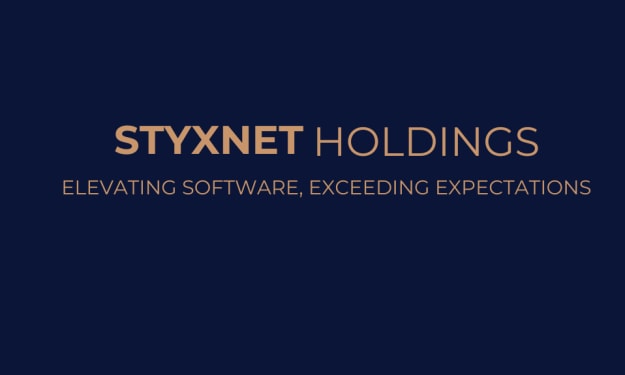"The Dark Side of A.I.: Exploring the Potential Dangers of Artificial Intelligence"
Is A.I good for us or the opposite

"The Dark Side of A.I.: Exploring the Potential Dangers of Artificial Intelligence"
Artificial intelligence (AI) has long been a staple of science fiction stories, from Terminator to The Matrix. But as AI technology advances, the question arises: is AI really as dangerous as these stories make it out to be?
The answer, unfortunately, is yes - but with some important caveats. AI is not inherently dangerous, but it does have the potential to cause harm if it is not developed and used responsibly.
One of the biggest dangers of AI is its ability to learn and adapt. AI algorithms are designed to analyze data and make decisions based on that data. As AI becomes more sophisticated, it can learn from more and more data, making it increasingly powerful.
This can be a double-edged sword. On the one hand, AI can be used to solve complex problems and make our lives easier and more efficient. On the other hand, if AI is not programmed with the right ethical values, it could make decisions that are harmful or even catastrophic.
Consider the example of a self-driving car. A self-driving car uses AI to analyze its surroundings and make decisions about how to navigate the road. If the AI is programmed with the wrong values, it could make decisions that are dangerous for the car's passengers or for other drivers on the road.
This is not a hypothetical scenario - in 2018, an autonomous Uber vehicle struck and killed a pedestrian in Arizona. The accident was caused by a combination of factors, including a faulty sensor and a distracted human safety driver. However, it also raised questions about the safety of self-driving cars and the role of AI in transportation.
Another danger of AI is its potential to be used for malicious purposes. AI algorithms can be used to create deepfakes - realistic videos or images that are manipulated to show something that did not actually happen. This technology has already been used to create fake pornographic videos and to spread disinformation online.
AI can also be used to create autonomous weapons, which could make decisions about who to target and when to attack without human oversight. This is a frightening prospect, and it has led many experts to call for a ban on autonomous weapons.
However, it's important to note that not all AI is dangerous. AI can be used to do a lot of good in the world, from improving medical diagnoses to predicting natural disasters and with further development we can know more things.
The key to developing safe and responsible AI is to ensure that it is programmed with the right values. This means that AI developers need to be mindful of the potential risks and work to mitigate them.
There are a number of organizations working to develop ethical guidelines for AI, including the Partnership on AI and the IEEE Global Initiative on Ethics of Autonomous and Intelligent Systems. These organizations are working to ensure that AI is developed and used in a way that is safe, ethical, and beneficial to society as a whole.
In conclusion, AI is not inherently dangerous, but it does have the potential to cause harm if it is not developed and used responsibly. As AI technology continues to advance, it's important that we remain vigilant and work to ensure that AI is developed in a way that is safe, ethical, and beneficial to all. By doing so, we can harness the power of AI to improve our lives and create a better future for everyone.
About the Creator
Enjoyed the story? Support the Creator.
Subscribe for free to receive all their stories in your feed. You could also pledge your support or give them a one-off tip, letting them know you appreciate their work.





Comments (1)
Very informative